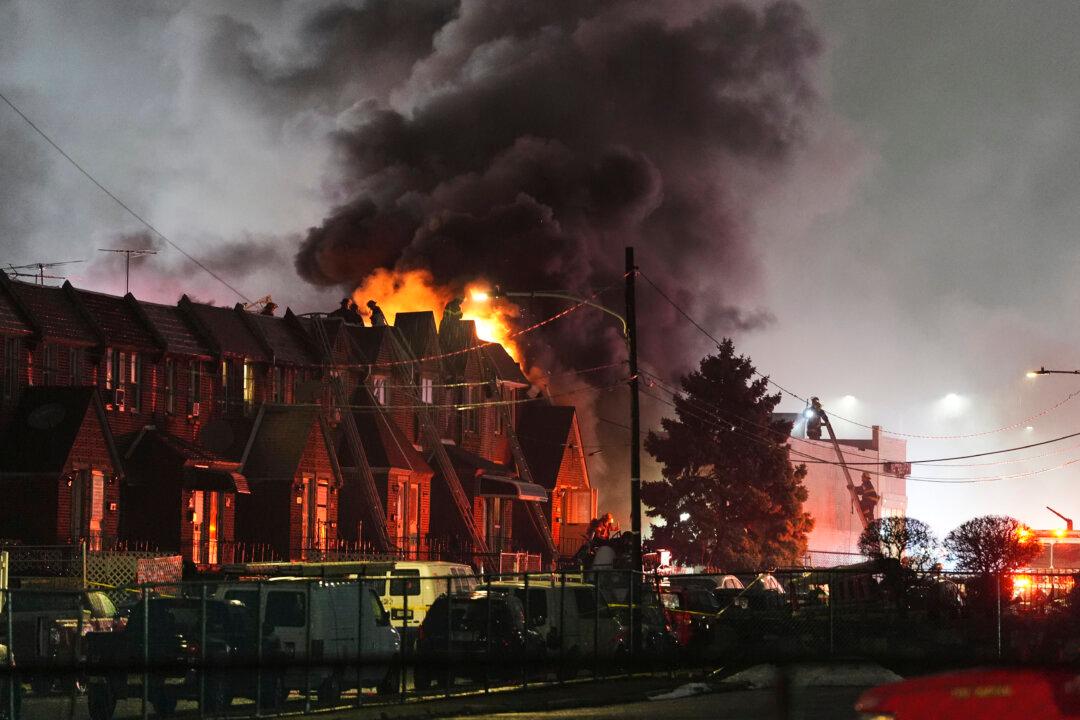China’s central bank has announced that it would reduce the amount of cash that banks must hold in reserve, unlocking $188 billion in long-term liquidity to shore up slowing economic growth.
Momentum has slowed in China’s economy in recent months, as it contends with a slowing manufacturing sector, debt problems in the property market, and persistent COVID-19 outbreaks.
“The RRR reduction will help alleviate the downward pressure on the economy and smooth the economic growth curve,” Wen Bin, a senior economist at Minsheng Bank, told Reuters.
China’s central bank stated that the five-basis-point reduction won’t apply to banks with an existing RRR of 5 percent, with the cut allowing most financial institutions to maintain a reduced average ratio of 8.4 percent.
An earlier RRR cut, announced in July, released around $157 billion worth of liquidity into China’s economy.
In its Dec. 6 announcement, the Chinese central bank sought to portray the RRR cut as part of its routine “sound monetary policy,” stating that it would “refrain from indiscriminate liquidity injection,” with a policy of keeping the money supply and the flow of credit to the real economy “basically in line with the nominal GDP [gross domestic product] growth.”
The Chinese Academy of Social Sciences (CASS), a top regime think tank, said on Dec. 6 that it expects China’s economy to grow by around 5.3 percent in 2022, slower than the 8 percent CASS has estimated for 2021.
PBOC’s remarks about not flooding the system with stimulus come amid concern that unsustainable levels of debt in China’s beleaguered property sector might spark a financial crisis.
China wants to avoid a bailout, but also is unlikely to let the situation deteriorate to the point where problems would cascade to that level. A number of Chinese real estate companies have run into trouble as the regime has pushed to reduce debt levels.
“We said in a note to clients on Friday that we‘d see a RRR cut this week. Don’t be fooled by this ’routine' talk, things are clearly deteriorating,” Botham said. “As recently as Friday, the PBOC maintained everything was fine. Obviously not.”





